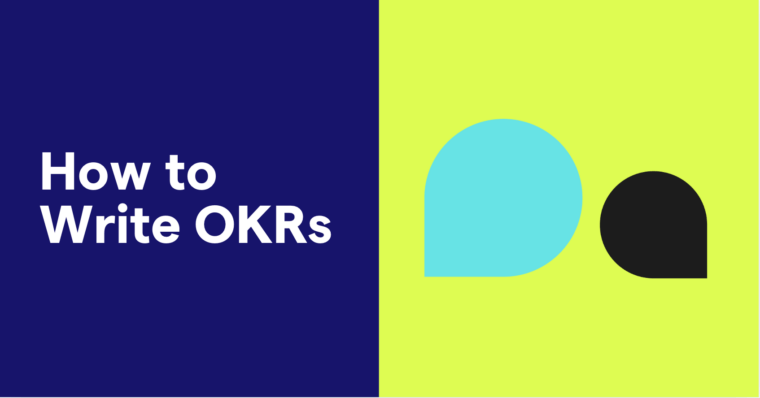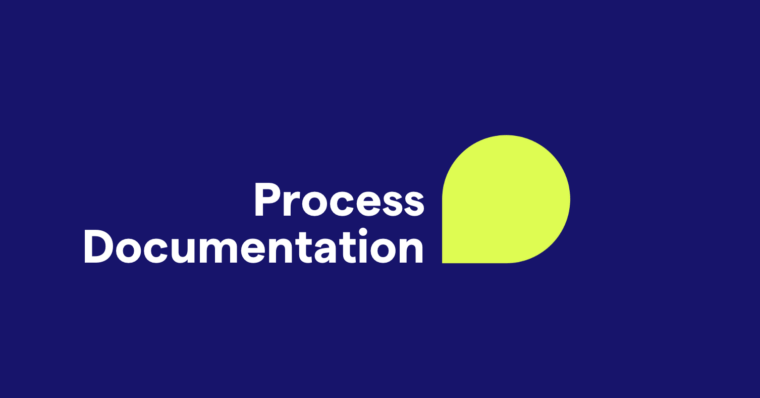
So you’ve been asked to write a reference letter. There’s only one problem: You don’t know how to write one. Don’t panic. A reference letter is generally straightforward and only about a page long. To help you, we put together this guide on how to write a reference letter.
A reference letter, also known as a recommendation letter, is a brief letter to a school, company, or organization to which an individual is applying. The reference letter details the skills, achievements, and character traits of the applicant as they relate to the individual’s goals.
What is a reference letter?
A reference letter is a written statement about an individual’s time at a company, organization, or institution. A reference letter states the individual’s title, roles, and duties during their time with the organization. It also discusses their character, work ethic, achievements, and unique contributions to the organization.
The purpose of a reference letter is to provide a prospective employer or program director with an authentic look at the applicant’s past performance. The goal isn’t to “sell” the applicant, but to communicate how their experiences and skills make them a fit for the position for which they are applying. It also answers the questions they might have after reviewing the applicant’s résumé or CV. In a way, a reference letter is similar to a cover letter—but unlike a cover letter, a reference letter is written by an individual other than the applicant. It should be formatted similarly to a business letter.
3 types of reference letters
There are a few different types of reference letters, but they share certain details:
- Each is written by an individual who knows the applicant well
- Each notes the period of time the applicant worked/attended school with the letter writer
- Each discusses the applicant’s achievements, skills, and character in relation to the applicant’s goals
The main difference between the types is their content. Each type of reference letter is optimized for the applicant’s goal.
1 Professional
A professional reference letter discusses the applicant’s professional successes and experience. It may mention different positions the applicant held while with their current employer, specific projects they contributed toward, certifications they hold, and any specialized skill sets they have. Generally, professional reference letters are written by managers and colleagues.
2 Academic
An academic reference letter discusses an applicant’s academic prowess and experiences. Usually, academic reference letters are written by instructors, department chairs, or other academic leaders. An academic reference letter may note the courses the applicant completed, projects and research they were a part of, and any notable achievements.
3 Personal
Here’s how to write a reference letter for a personal acquaintance. It’s the same structure and type of content as an academic or professional reference letter but with a focus on their personal traits. For example, you might discuss an applicant’s compassion and sense of duty in a reference letter to accompany their medical school application. Usually, personal reference letters are written by friends, neighbors, and others who know the applicant well but haven’t personally taught, worked, or attended school with them.
What to include in a reference letter
When you’re wondering how to write a reference letter, the most important thing to keep in mind is that it should provide an authentic look at the applicant’s achievements, skills, strengths, and character.
Although a reference letter is about its subject, you should also include some information about yourself, including:
- Your position
- Your relationship to the applicant
- How long you’ve known them
- Your contact information (email and phone number)
This shows that you’re qualified to discuss their work. Be sure to keep this section brief, though, and relate all the information you share back to the letter’s subject.
A reference letter should include why and how the applicant is a good fit for the position they’re seeking; keep this in mind as you choose which character traits and achievements to highlight in your writing.
For example, if they’re applying to a graduate program, focus on their academic achievements and intellectual stamina. If they’re applying for a managerial position, discuss experiences you’ve had with them where they excelled as a leader.
What to leave out of a reference letter
Omit any information that isn’t relevant to the position they’re seeking, even if it paints them in a positive light. Your colleague might be the most hilarious person in the office, but unless they’re applying for a spot in an improv group or clown college, don’t waste valuable reference letter space discussing it. Additionally, leave out personal information like their race, age, gender, or personal background—it isn’t relevant.
Reference letter format
Format-wise, a reference letter should be similar to any other letter.
- Greeting
- Introduction
- One or two body paragraphs
- Closing
- Sign-off and signature
A reference letter should be no more than one page long.
How to reject a reference letter request
You might face a scenario in which somebody asks you to write a reference letter, but you either can’t write one or you don’t want to. Don’t fret; many people find themselves in this situation. Here’s how to handle it, depending on the reason why you can’t write the letter:
What to say if you can’t recommend the person
If your experience with the applicant’s work has been less than stellar, now isn’t the time to tell them. Instead, simply tell them that you don’t feel you’re the best person to write a reference letter. There’s no need to elaborate, and if they push for more details, you can reiterate that another person would be a better choice for writing a reference letter on their behalf.
When you don’t know the person well enough
Sometimes you can’t recommend an individual because you aren’t familiar enough with them or their work. When this is the case, you have more room to be honest. Tell them that while you’re flattered they asked, you just don’t know their work well enough to discuss it accurately.
Reference letter example
Dear Mr. Yu,
It is my pleasure to recommend Luz Heredia for a senior project manager position with your company. As creative director at Get Samples Content Services, Luz has reported to me directly since she started as a project manager with our company in 2018.
During her time at Get Samples, Luz streamlined our workflow by introducing our team to a variety of project management programs. Thanks to her efforts, we were able to double our bandwidth for new client projects from August 2018 to May 2019. An early adopter when it comes to tech, Luz helped our office evolve its culture to become more tech-savvy and willing to take calculated risks on new software and systems.
Our office’s cultural transformation couldn’t have happened without Luz’s natural teaching abilities. When introducing the team to a new concept, she thoroughly explained what it is, what it accomplishes, and the benefits of adopting it. She also answered any questions team members had, establishing herself as our in-office SaaS subject matter expert. These qualities will make her an excellent leader at your company.
Luz is a solution-oriented, process-focused problem solver who thinks on her feet and finds solutions for every challenge she and her team face. I eagerly give her my wholehearted recommendation because I know she will be an asset to your company. If you would like to discuss Luz’s work further, please give me a call at 212.555.0000 and I would be happy to speak with you.
Sincerely, Elnaz Schmid
Creative Director Get Samples Content Services elnazs@sampleemail.com 212.555.0000
Reference letter FAQs
What is a reference letter?
A reference letter, also known as a recommendation letter, is a brief letter to a school, company, or organization to which an individual is applying. The reference letter details the applicant’s skills, achievements, and character traits as they relate to the individual’s goals.
What should a reference letter include?
A reference letter states the individual’s title, roles, and duties during their time with their current organization. It also discusses their character, work ethic, achievements, and unique contributions to the organization. Additionally, the letter should include information about the letter writer, such as their job title, contact information, and relationship to the applicant.
Who should write a reference letter?
A reference letter should be written by an individual who knows the applicant well, ideally in an academic or professional capacity. This includes previous instructors, supervisors, and colleagues.
How long should a reference letter be?
A reference letter should be approximately one page long.






